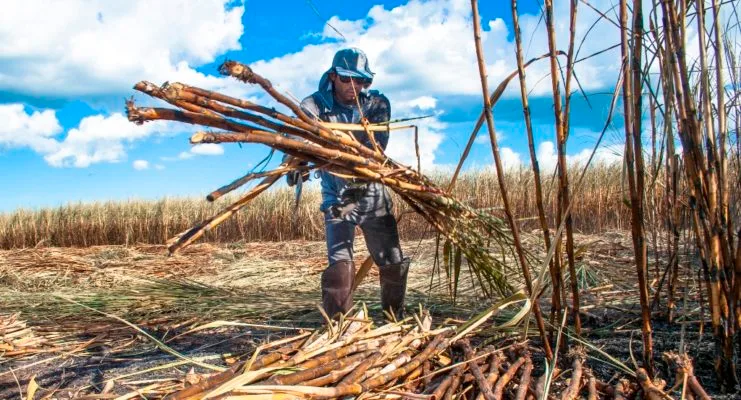In the past 11 months, São Paulo’s agribusiness has achieved a remarkable milestone by amassing $25 billion in exports and shown significant resilience and adaptability.
Representing a 5.3% increase from the previous year, this growth indicates the sector’s robust recovery and advancement.
These insights, provided by the State Government Agency, place São Paulo’s agribusiness in a broader global and domestic market context.
The export breakdown shows São Paulo’s sugar-alcohol complex leading with $9.33 billion, followed by soy, meat, forest, and juice products, showcasing sector diversity and productivity.
Understanding São Paulo’s agribusiness figures also involves considering challenges like environmental impacts and market dependencies.
Despite a slight decrease of 1.1% in imports, mainly in paper, salmon, and wheat, São Paulo’s agribusiness demonstrates strength and self-sufficiency.
On a national scale, its contribution of 16.5% to Brazil’s total agribusiness exports is significant.

This marks an increase from the previous year and underscores São Paulo’s key role in Brazil’s agribusiness sector.
Furthermore, the state’s dominance in specific categories, such as juices and the sugar-alcohol complex, reflects its strategic position in the global market.
The sector’s success supports the local economy and plays a crucial role in Brazil’s overall economic health.
São Paulo’s agribusiness future hinges on balancing economic growth with sustainability and diverse stakeholder inputs, including small farmers and environmentalists.
The state’s agribusiness sector has achieved significant export growth and now faces a future demanding sustainability and adaptability to global challenges.
Its contribution to Brazil’s economy will be under close scrutiny, necessitating a strategic and inclusive approach.

